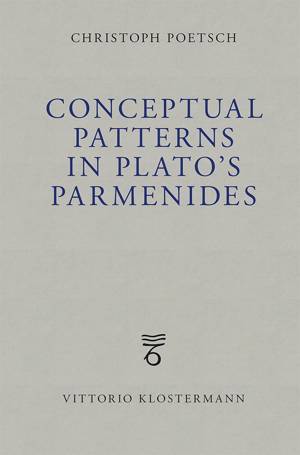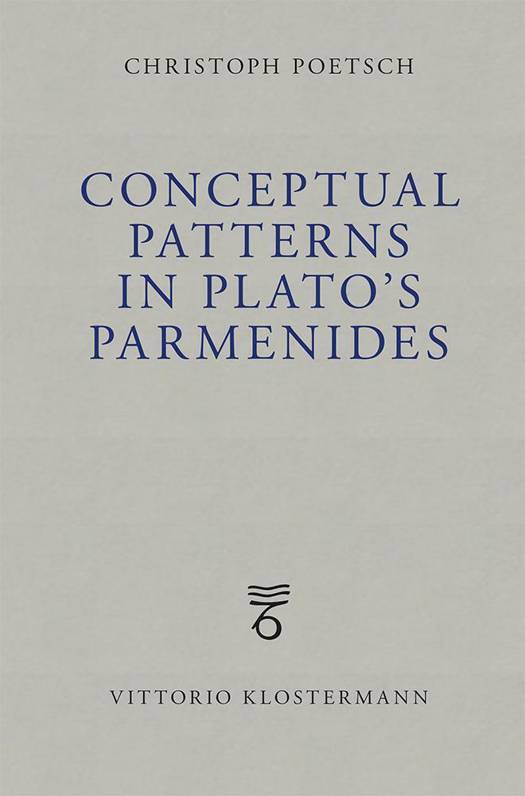
- Afhalen na 1 uur in een winkel met voorraad
- Gratis thuislevering in België vanaf € 30
- Ruim aanbod met 7 miljoen producten
- Afhalen na 1 uur in een winkel met voorraad
- Gratis thuislevering in België vanaf € 30
- Ruim aanbod met 7 miljoen producten
Zoeken
Omschrijving
What is the notorious second part of Plato's Parmenides all about? How does this second part help to face the systematic problems raised in the first part of the dialogue? To answer these questions, Christoph Poetsch develops a fundamentally new approach to what is perhaps the most controversially discussed text in the history of philosophy. By adapting methods from statistical linguistics and data science, he is able to detect hitherto unnoticed conceptual patterns in the deductions of Parmenides' exercise. These patterns provide crucial new perspectives on the scope of the dialogue's second part and offer means to address the problems raised in the first. Ultimately, the patterns suggest a complex constellation of multiple subjects and produce new evidence concerning the second deduction's corollary, Plato's ontology in general, as well as his concept of participation.
Specificaties
Betrokkenen
- Auteur(s):
- Uitgeverij:
Inhoud
- Aantal bladzijden:
- 204
- Taal:
- Engels
Eigenschappen
- Productcode (EAN):
- 9783465002925
- Verschijningsdatum:
- 5/07/2023
- Uitvoering:
- Paperback
- Formaat:
- Trade paperback (VS)
- Afmetingen:
- 155 mm x 16 mm
- Gewicht:
- 349 g

Alleen bij Standaard Boekhandel
+ 76 punten op je klantenkaart van Standaard Boekhandel
Beoordelingen
We publiceren alleen reviews die voldoen aan de voorwaarden voor reviews. Bekijk onze voorwaarden voor reviews.











